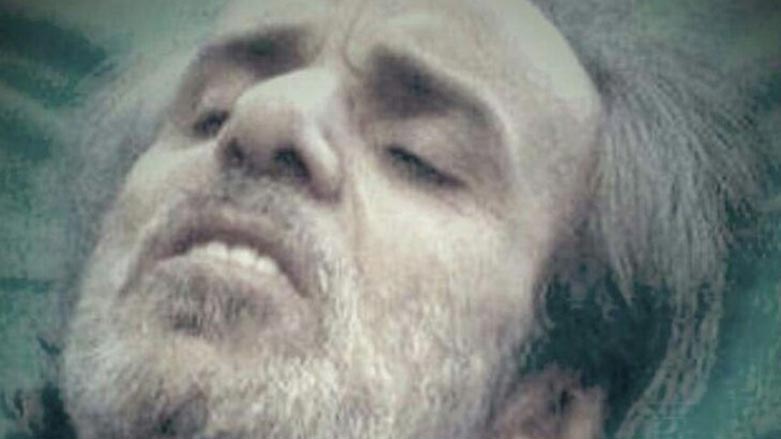Kaboudvand greets acquittal by ending hunger strike

TEHRAN, Iran (Kurdistan24) - Mohammad Sediq Kaboudvand whose health is deteriorating after a month of hunger strike in Evin Prison accepted food on Friday because the new accusations brought against him were rejected by the court.
After a verdict of not guilty, he told his family that he is temporarily ending his strike. He is scheduled to be released in 10 months but family says he cannot tolerate the remaining time.
"Kaboudvand, after over nine years in prison and suffering complicated heath issues that were worsened after the hunger strike, is not a position, physically or psychologically, to endure the remaining 10 months in prison," Omid Beygizadeh, Kaboudvand's nephew told Kurdistan24 on the phone.
Kaboudvand was admitted to hospital on 22 May after falling unconscious but was returned to prison on 5 June 2016.
The family hopes Kaboudvand will be returned to the hospital now and receive proper care for his kidney, heart and prostate issues.
Numerous human rights organizations, including Amnesty and PEN International, United Nations and US State Department, called on Iran to free Kaboudvand. Kurdish activists in Germany were on hunger strike in Berlin in front of the UN Parliament for 15 days to draw attention to Kaboudvand's situation, and other Kurdish prisoners in Iran.
People in Kurdistan Region, Iran, Europe, and North America supported Kaboudvand through demonstrations on the streets and using social media to show solidarity with Kaboudvand and other political prisoners.
Mohammad Abdullahi and Ayub Asadi are two other Kurdish prisoners in Iran who are still on hunger strike.
Kurds in Iran, estimated at 13 million, make up 18 percent of the population. But over 46 percent of political prisoners in Iran are Kurds, reports the Association for Human Rights in Kurdistan of Iran-Geneva (KMMK-
Kaboudvand, born in Diwandara (Divandareh), Kurdistan Province, in the northwest of Iran, was the editor of the banned weekly Payam-e mardom-e Kurdistan and the chair of the Tehran-based Kurdistan Human Rights Organization (RMMK).
When he co-founded the Kurdistan Human Rights Organization, along with other activists, Kaboudvand documented and publicized widespread human rights abuses in the Kurdish areas committed by the Islamic Republic of Iran.
He was incarcerated in 2007 for his activities. He is known as the father of human rights for Iranian Kurdistan.
